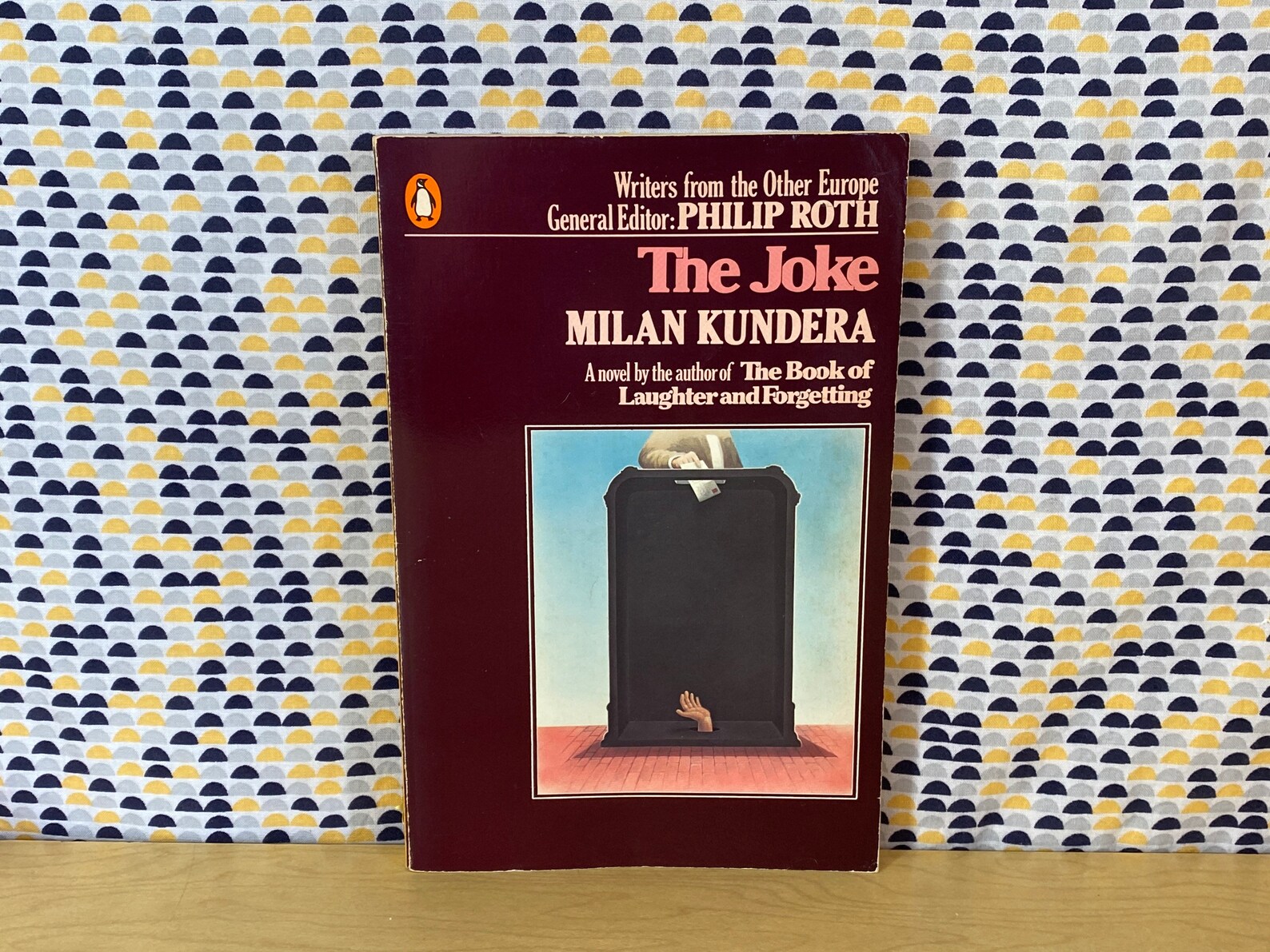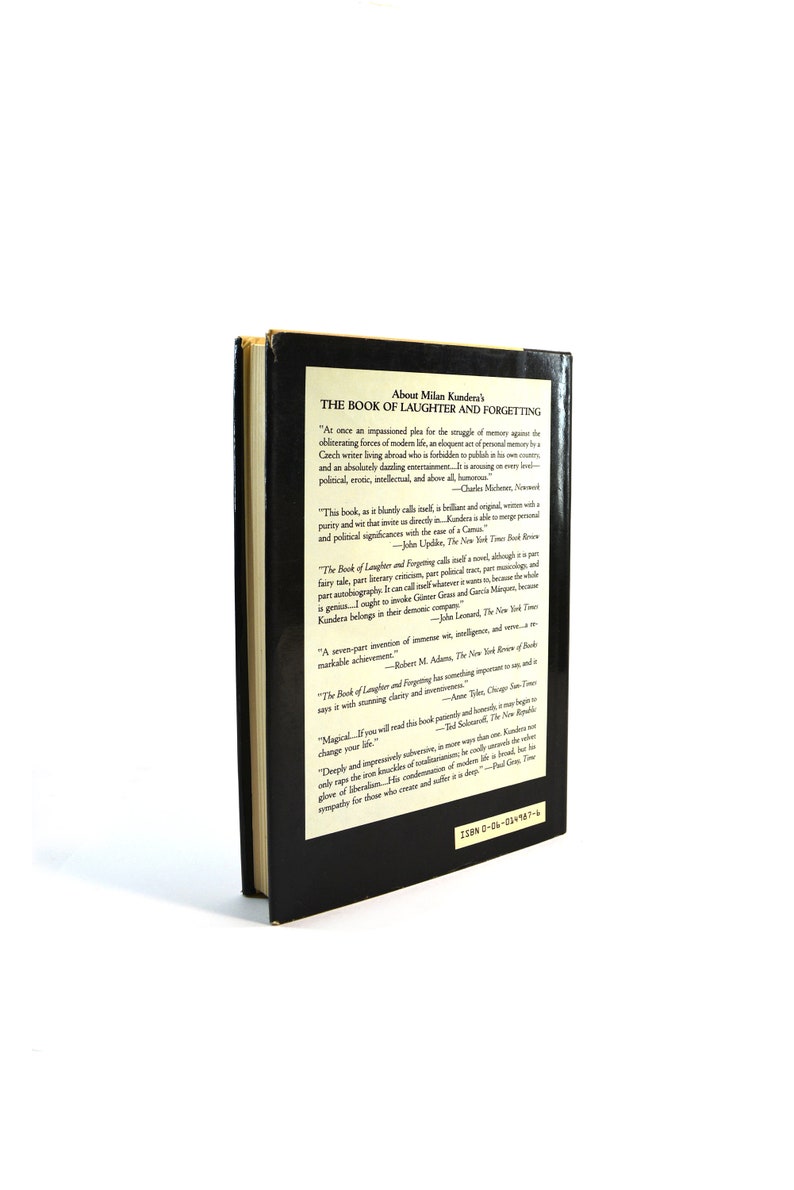

Now, a quarter century after The Joke was first published and several years after the collapse of the Soviet-imposed Czechoslovak regime, it becomes easier to put such implications into perspective in favor of valuing the book (and all Kundera 's work) as what it truly is: great, stirring literature that sheds new light on the eternal themes of human existence. The fresh descriptions and masterful employment of several narrators testify to Kundera's power as a novelist, unmistakable even in this early work.All too often, this brilliant novel of thwarted love and revenge miscarried has been read for its political implications. Years later, after he has resumed his studies and become a successful scientist, his lingering anger at the man who engineered his expulsion culminates in an act of destructive sexual revenge that serves only to show Ludvik he has never really understood any woman and is indeed the butt of one of history's many cruel jokes. He is expelled from the Communist Party, forced to leave the university and join a special army unit with other enemies of the state. Looking back on the tense, McCarthy-like atmosphere of the late 1940s, it chronicles the disastrous results of Ludvik's prankish postcard to a girlfriend criticizing the Czech communist regime.

In this new English-language version of Kundera's classic first novel, completely revised by the author to incorporate the most accurate portions of two previous translations plus his own corrections, the narrator Ludvik wonders, "What if History plays jokes?" This politically charged question, coupled with Ludvik's fate as an unintentional dissident, struck a chord in Czech readers the novel's 1967 publication was a key literary event of the Prague Spring.

A great novel of thwarted love and revenge miscarried, in a completely revised translation that is nothing less than the restoration of a classic. The authoritative version of the brilliant first novel by the author of The Unbearable Lightness of Being.



 0 kommentar(er)
0 kommentar(er)
